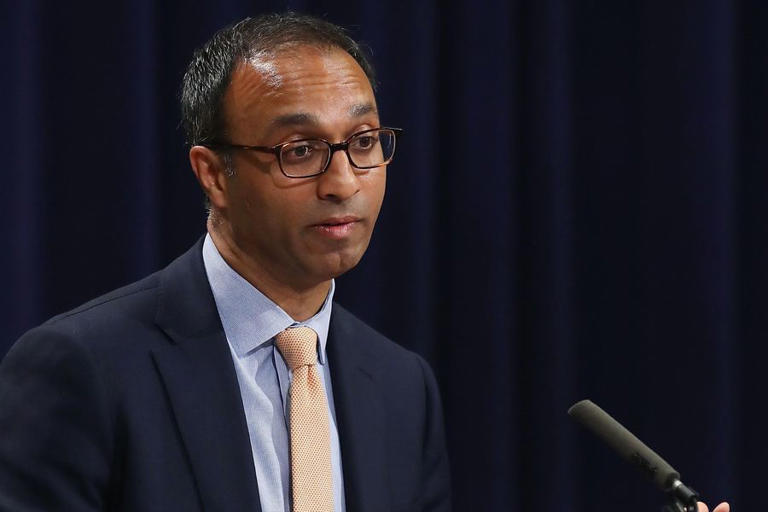The recent two-day closing arguments presided over by U.S. District Judge Amit Mehta in the government’s high-profile antitrust case against Google have shed light on pivotal aspects of the legal proceedings and potential outcomes. As the legal battle between the government and the tech giant unfolds, observers are eagerly awaiting Judge Mehta’s decision, which could significantly impact the future of Google’s operations and the broader landscape of competition in the internet search market.
One of the most notable insights gleaned from the hearings is the anticipated timeline for Judge Mehta’s decision. While refraining from disclosing his inclinations regarding the central question of whether Google engaged in anticompetitive practices, Mehta underscored the case’s significance for both Google and the public. Drawing parallels with past antitrust cases, legal experts speculate that Mehta may deliver his ruling in the near future, following a thorough review of the evidence and arguments presented during the trial.
A critical aspect of the case revolves around defining the relevant market, a foundational step in evaluating whether Google abused its market dominance. The Department of Justice (DOJ) and a coalition of state attorneys general argue that Google wields overwhelming control over the market for “general search services,” with few viable alternatives for consumers. Judge Mehta appeared to lean towards adopting the government’s perspective, expressing skepticism towards Google’s contention that various online platforms, such as Amazon and TikTok, could serve as substitutes for its search engine.
Furthermore, Mehta acknowledged Google’s track record of innovation and investment in search technology, which could potentially bolster the company’s defense. Commending Google’s history of innovation, the judge highlighted its pivotal role in shaping the modern search landscape. Mehta’s favorable view of Google’s innovation efforts underscores the complexities involved in assessing the company’s market dominance and its impact on competition.
However, concerns were raised during the hearings regarding Google’s lucrative partnership with Apple, which designates Google as the default search engine on Apple’s Safari web browser. The staggering $20 billion payment from Alphabet to Apple underscores the significance of this arrangement, with Microsoft CEO Satya Nadella arguing that it stifles competition in the search engine market. Mehta echoed these concerns, questioning the feasibility of rival companies challenging Google’s dominant position, given the formidable barriers to entry and the lack of meaningful competition.
As anticipation mounts for Judge Mehta’s decision, the outcome of the case holds significant implications for Google’s business practices, competition in the internet search market, and the broader regulatory landscape governing tech giants. Regardless of the ruling, the case highlights the increasing scrutiny facing dominant players in the technology industry and the ongoing efforts to promote fair competition and consumer welfare.
For the latest updates and insights on this landmark antitrust case and its potential ramifications, stakeholders and observers are advised to stay informed through reliable news sources and expert legal analyses.
